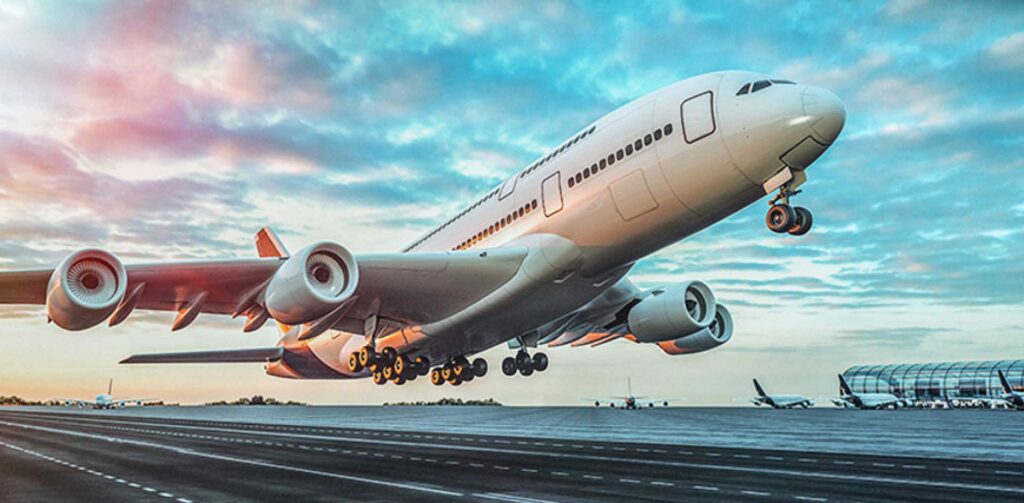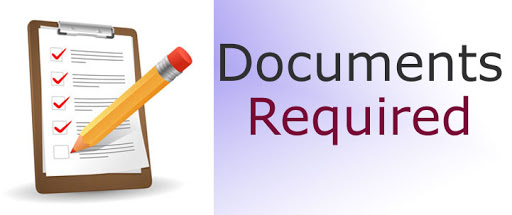- By TOP CHINA FREIGHT
- September 8, 2025
- Air Freight, Shipping
Table of Contents
Shipping goods from China to Malaysia via air freight is often the fastest and most reliable option for businesses seeking timely deliveries. However, understanding air freight charges from China to Malaysia can be challenging due to variable costs, customs requirements, and cargo-specific considerations. This guide explains pricing, logistics strategies, and techniques to optimize your supply chain for smooth, cost-effective operations.

What Factors Influence Air Freight Charges from China to Malaysia?
Air freight pricing depends on multiple variables, including cargo weight, volume, destination airport, and service type. Moreover, surcharges, fuel fees, and seasonal demand also affect final costs. For instance, peak shipping periods like Chinese New Year or Malaysia’s festive seasons typically increase charges.
Key factors include:
1.Chargeable Weight
Airlines use actual or volumetric weight, whichever is higher.
2.Cargo Type
Perishable, hazardous, or oversized items incur higher rates.
3.Service Level
Express or standard services influence pricing.
4.Fuel Surcharges
Dynamic pricing based on global fuel costs.
5.Customs Duties and Taxes
Although handled separately, delayed customs can indirectly increase costs.
Using a professional freight forwarder can help calculate accurate charges, consolidate shipments, and reduce hidden fees.
How Are Air Freight Charges Calculated?
Air freight charges are typically calculated using either gross weight or volumetric weight.
| Cargo Type | Chargeable Weight | Example Rate (USD/kg) |
|---|---|---|
| General Cargo | 100 kg actual | $4.50 |
| Electronics | 50 kg volumetric | $5.50 |
| Perishable Goods | 30 kg actual | $6.50 |
Additionally, carriers may apply handling fees, fuel surcharges, or security fees, which are often 10–15% of the base freight cost.
What Documents Are Needed for Air Freight from China to Malaysia?

Proper documentation is crucial to prevent customs delays. A shipping agent typically manages the following:
| Document | Purpose |
|---|---|
| Commercial Invoice | Lists shipment value and buyer-seller info |
| Air Waybill (AWB) | Contract between shipper and airline |
| Packing List | Details item dimensions and weight |
| Certificate of Origin | Confirms product origin for duty calculation |
| Export Customs Declaration | Required by Chinese authorities |
| Import Declaration | Filed to Malaysian customs upon arrival |
Having all documents complete ensures faster clearance, avoids fines, and reduces storage fees at the destination airport.
Why Choose Air Freight over Sea Freight for China–Malaysia Trade?
Air freight is generally faster than sea freight, reducing transit time from 20–30 days by sea to 3–7 days by air. Moreover:
Time-sensitive shipments:
Electronics, fashion items, or perishables benefit from quick transit.
Reduced inventory holding:
Faster shipping allows lean inventory management.
Lower risk of cargo damage or theft:
Air transport is more secure than multiple sea handling stages.
However, air freight charges are higher per kilogram compared to sea freight, making it suitable for high-value or urgent shipments.
| Shipping Method | Transit Time | Pros | Cons |
|---|---|---|---|
| Air Freight | 3–7 days | Fast, secure, priority customs | High cost per kg |
| Sea Freight | 20–30 days | Cost-effective for bulk | Slower, more handling stages |
How to Reduce Air Freight Charges from China to Malaysia?
Combine multiple small shipments into one to reduce per-unit charges
Airlines often offer better rates for early bookings
Avoid peak shipping periods to reduce fuel surcharge impacts
Professionals can negotiate rates, optimize cargo packaging, and handle customs efficiently
Reduce volumetric weight with compact packaging
How Long Does Air Freight from China to Malaysia Take?
Transit times vary depending on origin, destination, and service type.
| Route | Standard Service | Express Service |
|---|---|---|
| Shanghai → Kuala Lumpur | 4–6 days | 2–3 days |
| Shenzhen → Penang | 5–7 days | 2–3 days |
| Guangzhou → Johor Bahru | 5–7 days | 3 days |
Delays may occur due to customs inspection, weather conditions, or airline scheduling, so it is advisable to plan shipments with a buffer period.
Can Shipping Agents Help Optimize Your Air Freight Costs?
Agents can access discounted rates unavailable to small businesses
Ensures customs compliance and avoids fines
Reduces volumetric charges by combining shipments
Suggests cost-efficient transit routes and airline options
Provides visibility into shipment progress, allowing proactive problem-solving
Case Study: Fast Delivery of Electronics from Shenzhen to Kuala Lumpur
Scenario:
A Malaysian retailer needed 500 smartphones delivered for a promotional launch.
Challenge:
Tight 5-day schedule, high-value cargo.
Solution:
Partnered with a freight forwarder specializing in electronics. 400 units shipped via express air freight, 100 units via standard service for backup.
Result:
Express shipment arrived in 3 days, enabling on-time launch, while standard shipment arrived 2 days later, minimizing risk.
Key Takeaway:
Combining service levels and leveraging professional agents optimizes delivery schedules and costs.
Should You Insure Air Freight Shipments?
Insurance is strongly recommended for high-value or fragile goods. Coverage typically protects against:
- Loss during transit
- Damage from handling or turbulence
- Theft at airports or warehouses
Most shipping agents can provide tailored insurance options. The premium usually ranges 0.3–0.5% of cargo value, which is a small investment compared to potential losses.
Conclusion
Understanding air freight charges from China to Malaysia is essential for cost-effective, timely, and secure shipping. Factors such as cargo weight, volumetric calculations, service type, and customs documentation all influence final costs. Using professional shipping agents, consolidating shipments, and planning ahead can reduce expenses while ensuring smooth delivery. Whether shipping electronics, perishable goods, or high-value items, leveraging expert logistics support ensures operational efficiency and supply chain reliability.
Need a Shipping Quote?
If you want expert guidance and peace of mind, our team is ready to assist.
TJ China Freight offers tailored solutions to help businesses of all sizes ship more reliably from China.

FAQs
Q1:How do I calculate volumetric weight?
Multiply length × width × height in cm, then divide by 6000. Airlines charge the higher of actual vs volumetric weight.
Q2:Are there hidden surcharges in air freight?
Yes, fuel, security, and handling fees may apply. Confirm with your agent to get accurate total charges.
Q3:Can small businesses get discounted rates?
Yes, freight forwarders often consolidate shipments to negotiate lower per-kilogram costs for smaller businesses.
Q4:Is customs clearance included in air freight?
Not automatically. Agents can handle customs paperwork for an additional service fee to ensure smooth clearance.
Q5:How to ensure fast delivery during peak seasons?
Book shipments early, use express services, and choose reliable agents experienced in managing seasonal traffic.
